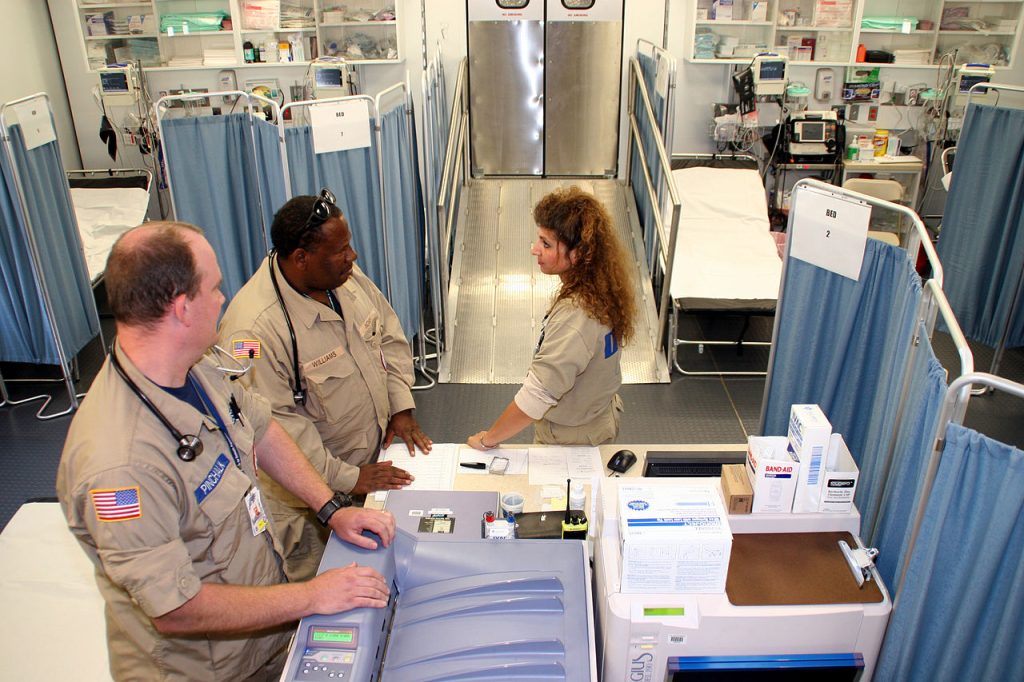The role of a hospice social worker is to advocate for each patient’s end-of-life wishes and help individuals address the emotional aspects of late-stage illnesses. Hospice social workers also assist families in identifying other available local services and resources for additional support.

Evaluate
The first task is to evaluate. Social workers are essential in assessing and evaluating the situations our patients find themselves in from a problem-solving perspective. We are constantly determining needs, attributes, perception, and support systems in the ever-changing landscape of a terminal illness. This evaluation leads to a better understanding that assists with creating person-centered plans that benefit our patients and their families.
Educate
Identifying community or financial resources for the families and the patients is a large part of what a hospice social worker does. Cancer support groups, death and dying support groups – there are all types out there. Some are for children or parents of children, while others are for adults. Finding those resources in your town on your own is the last thing you want to think about. Having someone you trust hand you a folder of where to get the emotional help and guidance you need is a big help. Oftentimes, it’s extremely therapeutic to bond with others in your same situation and lean on each other for support.
Advocate
Yet another step forward in social work advocating efforts comes by way of providing excellence in another already-core job responsibility – case management. By providing excellent case management, help-needing clients get an overall more effective experience. This speeds access to needed services and benefits, provides timely notices of actions and needed actions, helps to provide more fair outcomes relative to the intentions of legal and ethical stance, and much more.
Care
Hospice social workers not only ensure all treatments fulfill the needs and wishes of both the patient and the family, they also provide advance care planning, and assistance with funeral planning and legal documentation. Hospice social workers can also help relieve financial stressors that so many experience during the end of life–their knowledge of financial resources can provide guidance on medical costs, insurance coverage, accessing disability income, or any relevant bills.
Palliative care in Virginia has an approach that improves the quality of life of patients and their families facing the problem associated with life-threatening illness, through the prevention and relief of suffering by means of early identification and impeccable assessment and treatment of pain and other problems, physical, psychosocial and spiritual.
